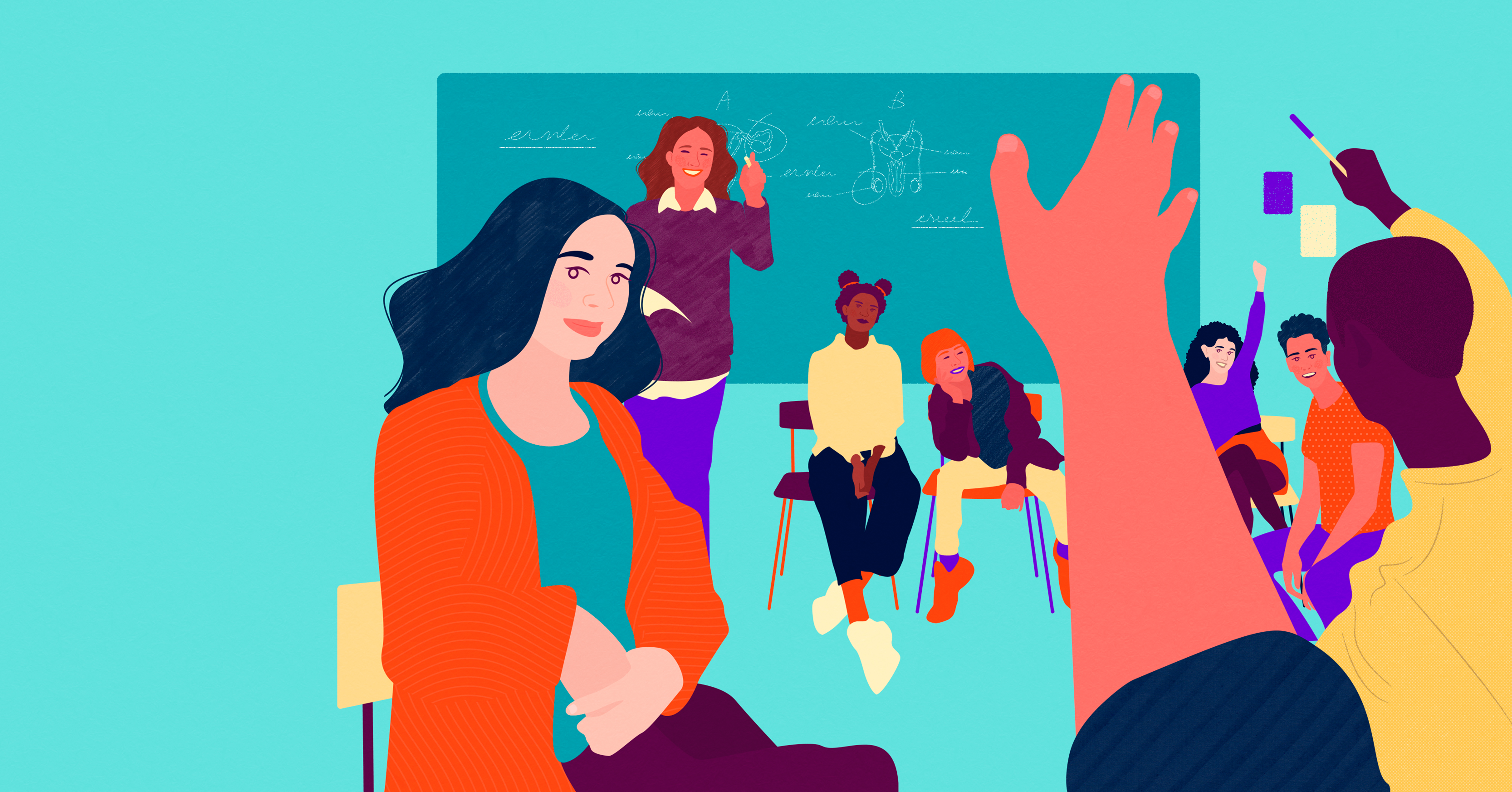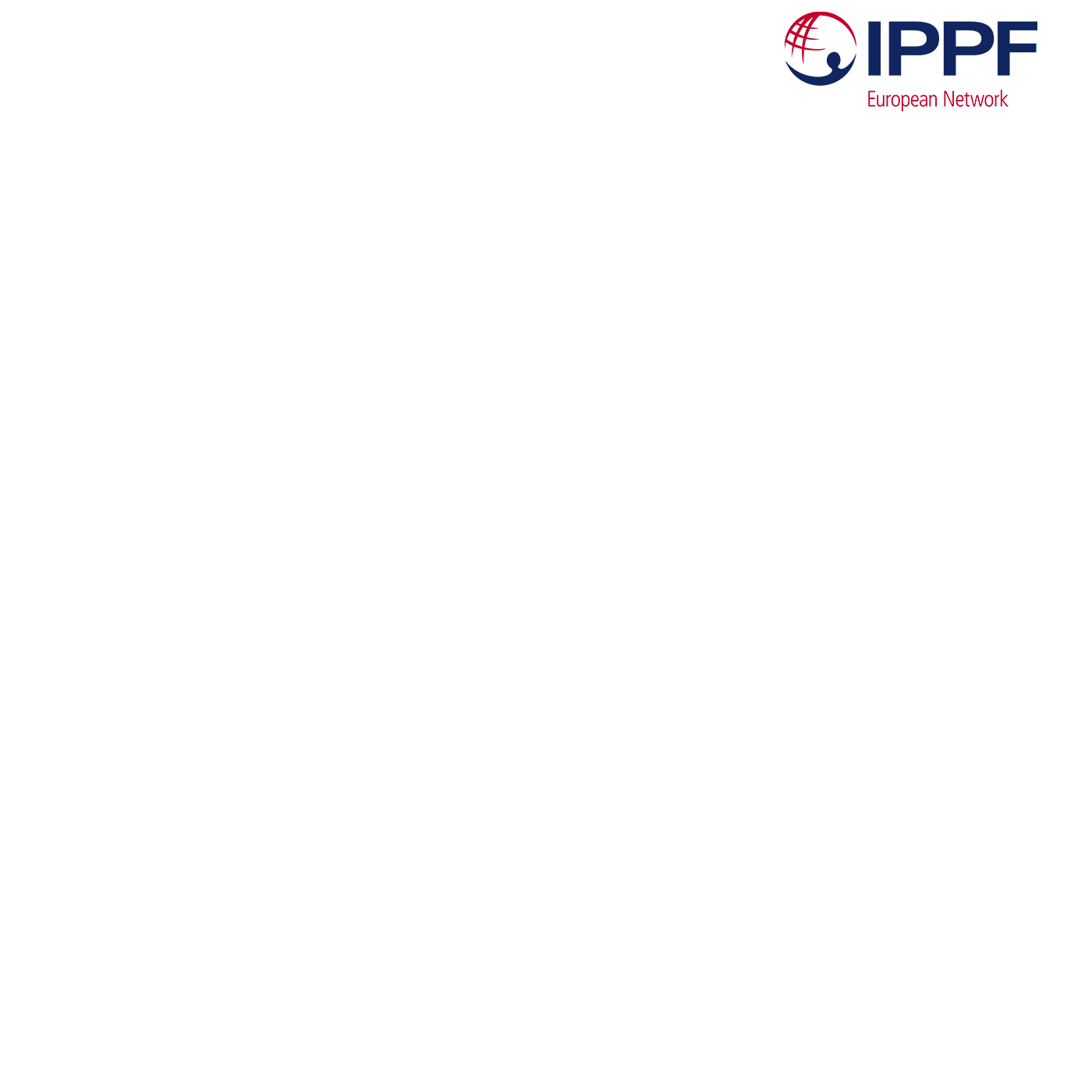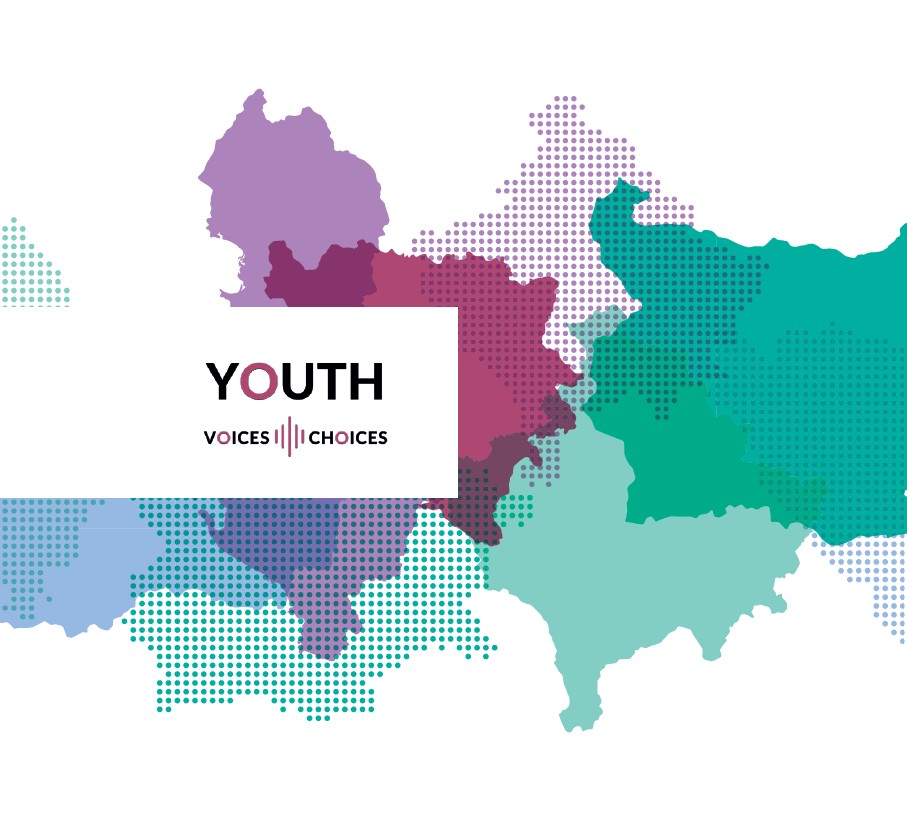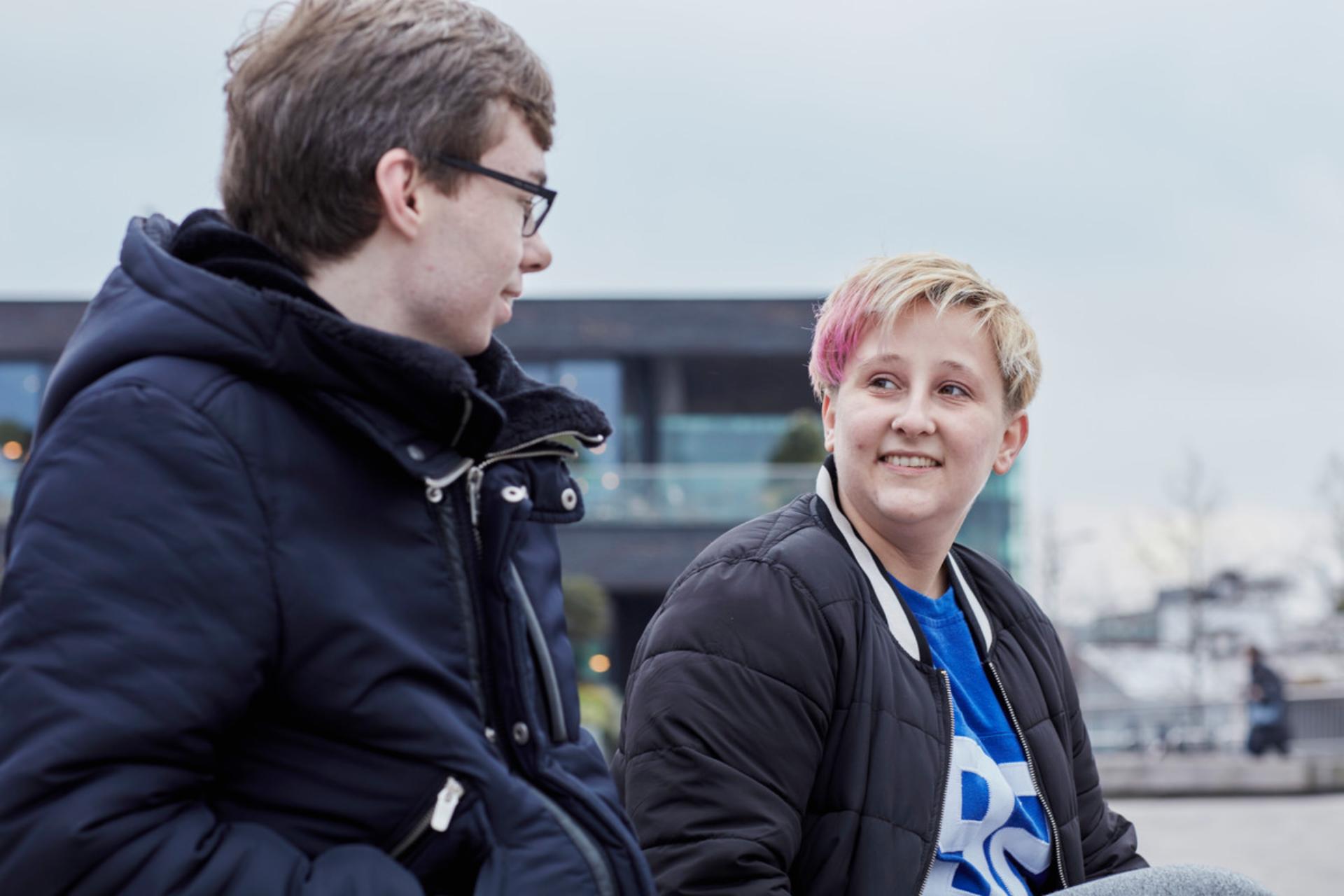Spotlight
A selection of resources from across the Federation

2022 IPPF EN Annual Report
Download our Annual Report to read about our activities and achievements in 2022.
Filter our resources by:

| 05 June 2016
Marian and Nicoleta
Meet Marian and Nicoleta. Their unique love story highlights the importance of ensuring that everyone, everywhere has the love and happiness they deserve.
| 13 May 2016
Eugenia's Story
Meet Eugenia Behar, a clinical psychologist working with young people with learning difficulties in Romania, a country where there is still no obligatory sexuality education across all schools, particularly for those with learning difficulties.
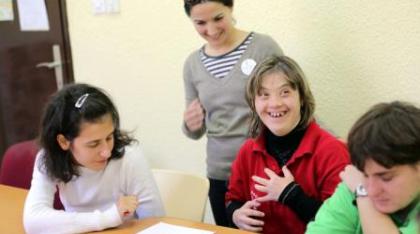
| 12 December 2014
Preventing sexual abuse and violence against young people with learning disabilities - policy recommendations
People with learning disabilities have a right to be protected from sexual violence and abuse, yet 90% of them will experience sexual abuse at some point in their life, most frequently from family members or others in their close circle. Safeguarding this right can only be achieved if people with learning disabilities are empowered to protect themselves. Increasing their autonomy in relation to their sexual lives, relationships, bodies and privacy is key. But how can people with learning disabilities be expected to say no to sexual violence and abuse, if even the smallest aspects of daily life are decided for them by others? In this context, it is crucial to strengthen their overall autonomy, active participation and integration in society, and the transition from institutions to community based-care. The 2-year ‘Keep me Safe’ project aimed to empower young people with learning disabilities to protect themselves against sexual abuse and violence across Europe. It was co-funded by the European Commission Daphne III Programme. On 11-12 December 2014, IPPF Member Associations, NGOs, parents of young people with learning disabilities, decision-makers and authorities from Bulgaria, Cyprus, Germany, Ireland, Latvia, The Netherlands, Macedonia, Romania, Spain, and UK, as well as staff from the IPPF EN regional office, gathered in Madrid for its final event. Here you can download the set of Policy recommendations they developed and endorsed at the meeting.

| 04 March 2014
Keep Me Safe - training manual
A UN Study from 2006 suggests that 90% of people with intellectual impairments will experience sexual abuse at some point in their life, most frequently from family members or others in their close environment. Empowering young people who have a learning disability to protect themselves against sexual abuse and violence requires acknowledgement and respect of their sexuality from their carers alongside guidance on protection and appropriate behaviour. From 2013-2015, we ran a project to empower young people with learning disabilities to protect themselves against sexual abuse and violence, harnessing best practice, expertise and proven strategies from IPPF members in Europe with extensive experience in this area. The project was called 'Keep Me Safe'. This work was co-funded by the European Commission (DG Justice - Daphne III Programme). This training manual has been developed for organisations who wish to educate and sensitize staff, teachers and carers about the sexual and reproductive health and rights of young people with mild to moderate learning disabilities.










